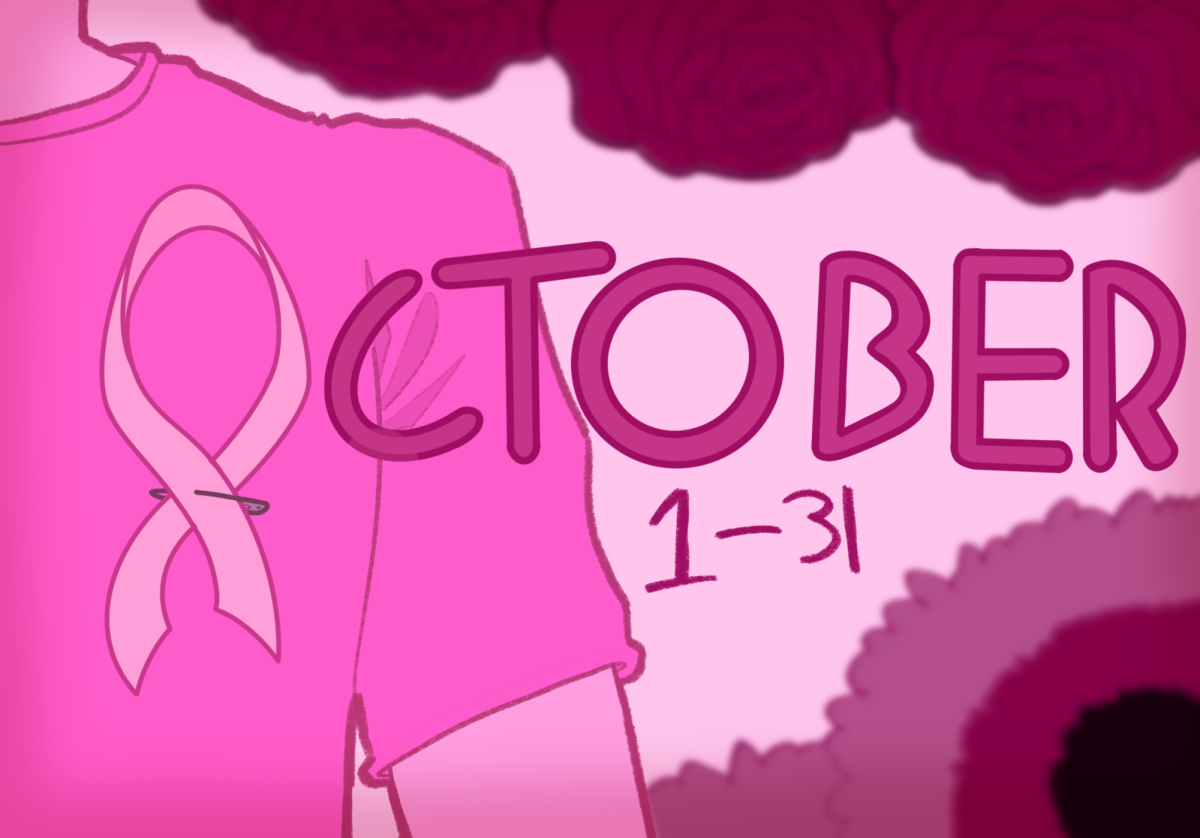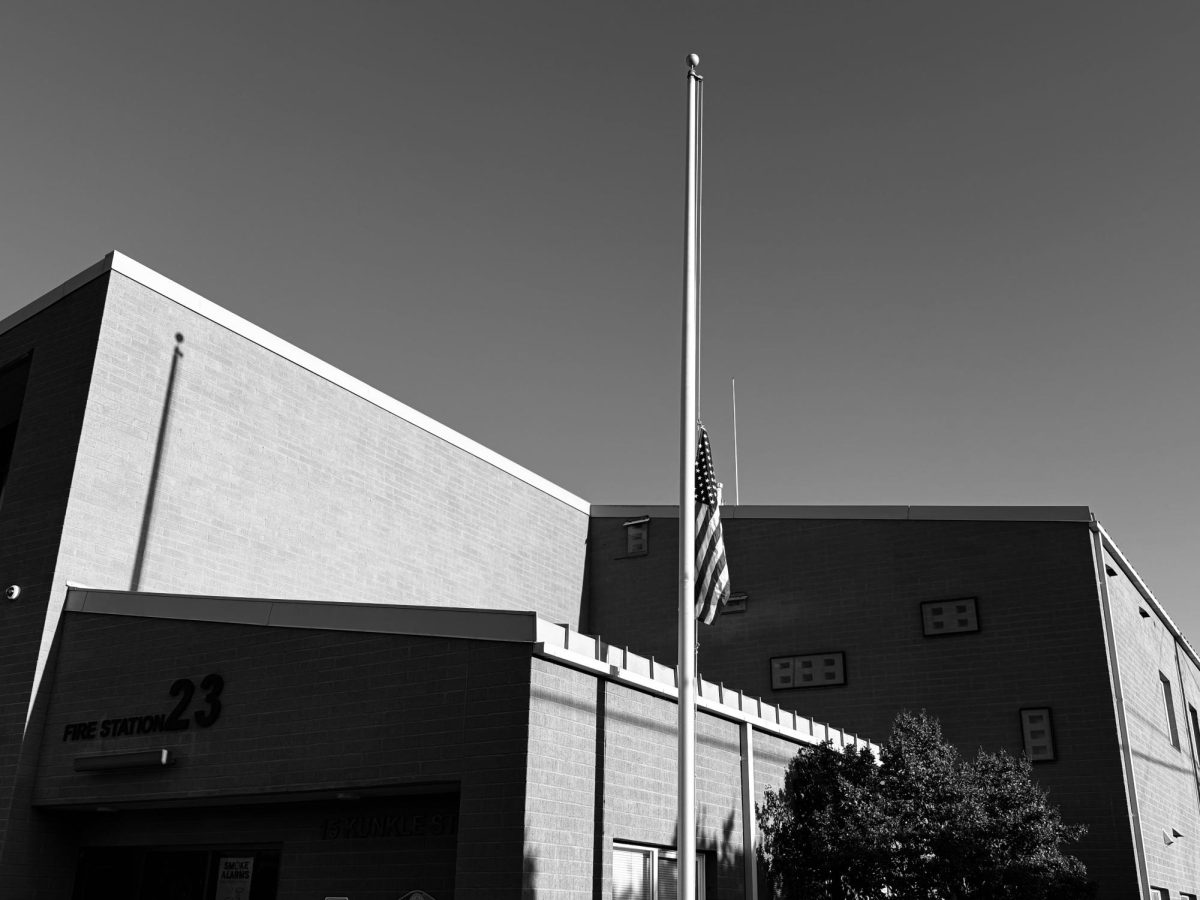Violent. Bitter. Acerbic. Divisive.
Although these adjectives characterize America’s disagreements today, it doesn’t represent what disagreement should look like. Disagreement should advance democracy and widen the scope of our perspectives. The fundamental differences in the ideological and political agendas of America’s bipartisan government lead to disagreement that can be channeled to create balance and productivity. Nowadays though, people have forgotten how to disagree and that stems from the lack of respect for the right to freedom of speech.
In February of 2017, political commentator Milo Yiannopoulos had his event at the University of California, Berkeley, canceled after a violent demonstration of “antifa.” A few months later a similar case occurred with political commentator Ann Coulter who was also scheduled to give a speech at the university but was unable to due to threats of violence which caused the conservative groups sponsoring her to withdraw. Ironically, UC Berkeley was the origin of the Free Speech movement in the 1960s. Coulter was correct when she pulled out of the speech saying, “It’s a sad day for free speech.”
The most critical part of disagreement is allowing both sides to have their voices heard. The fact that the liberal bastion of free speech prevented free speech proves we don’t know how to disagree. Instead of real conversations, people try to drown each other out (whether with violence or other means) to make their voices disproportionately more heard than the other side. Without the basic ability to listen there is no basis for disagreement.
In recent decades, the political polarization gripping the nation has resulted in extremist views and antipathy. The outcome is both parties are less willing to listen and more willing to enact violence. Social media sites may be partly responsible for this as corporations like Facebook keep us insulated in our respective ideological bubbles.
Unfortunately, the same lack of disagreement has become part of my academic life. In my government course, the whole class took a survey on whether hate speech should be protected under the First Amendment, with options ranging from strongly agree, somewhat agree, to disagree. Incredibly enough, not everyone chose strongly agree. Freedom is an inclusive definition, a fundamental right protecting all speech and even certain expressions with political meaning.
Hate speech goes under the category free speech. It may incite violence and it may be impossible to intellectually disagree with someone who is expressing themselves through hate speech but when we start picking and choosing what kind of speech is allowed and isn’t, problems arise. No matter how much we despise the opposition’s opinion, we can’t obstruct the right to an opinion, and more importantly, the right to express that opinion. If we don’t even respect people’s ability to express themselves, how can we even begin to disagree?
As Voltaire said, “I may not agree with what you have to say but I will defend to the death your right to say it.”
There are some cases involving the most extreme racism, sexism and bigotry where it seems like one’s political ideology makes it impossible to live with a conservative under the same sun or vice versa. But I know at least some inkling of what it’s like to face discrimination, so while I sympathize with the urge to drown out all the other voices out there, I should not, cannot override, either by actions or words, those who oppose me.









